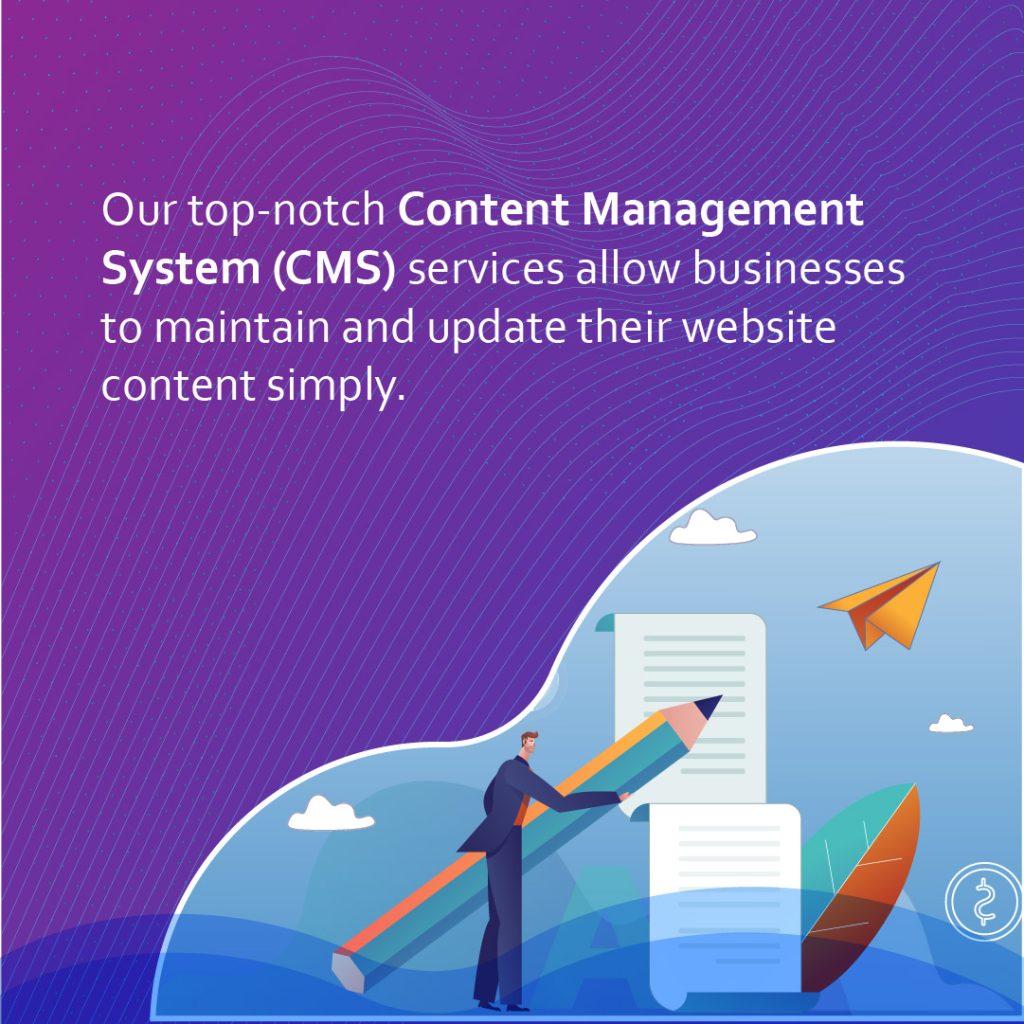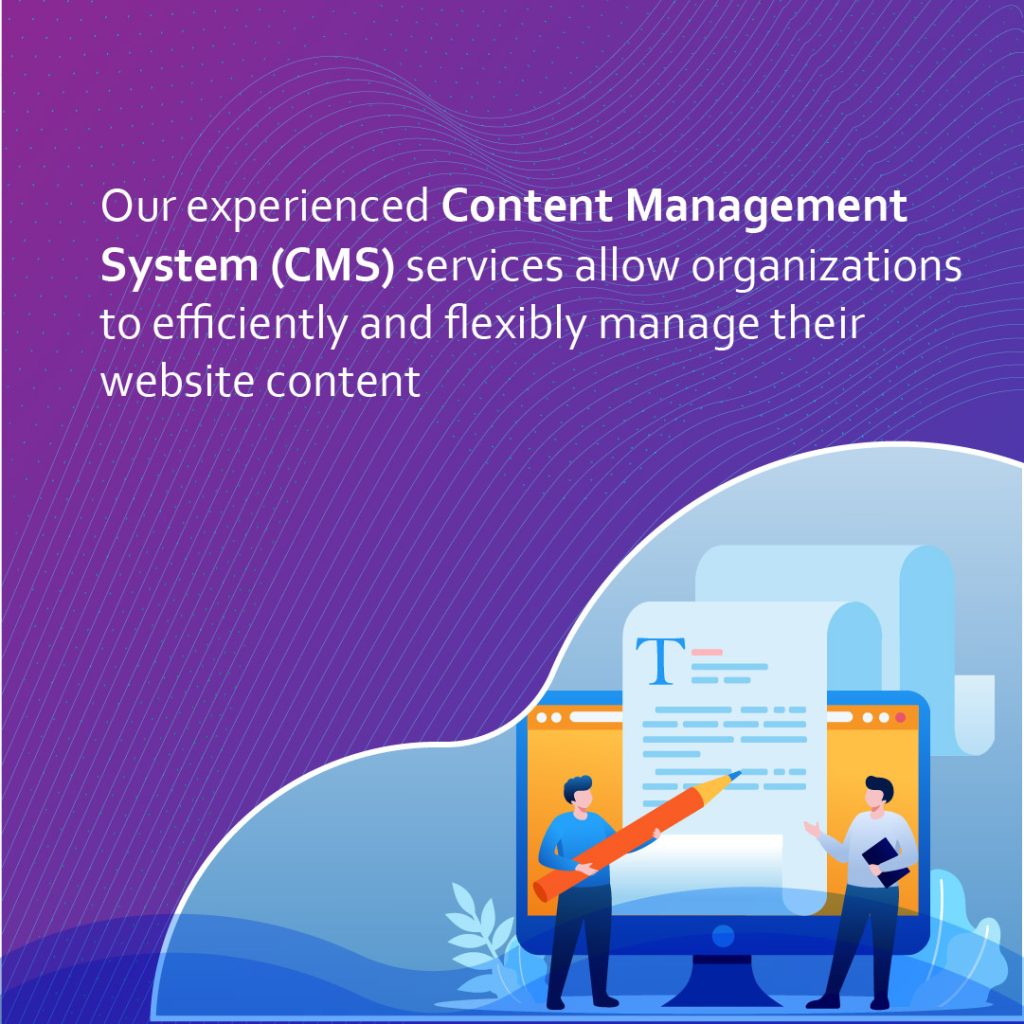
Introduction:
Building a successful website requires more than just visually appealing design and engaging content. It also demands an efficient and user-friendly Content Management System (CMS) that enables you to create, manage, and publish your website’s content seamlessly. With a wide array of CMS options available, selecting the right one for your website can be a daunting task. In this blog post, we’ll guide you through the process of choosing the perfect CMS that aligns with your website’s goals and requirements.

- Define Your Website’s Objectives: Before delving into the CMS selection process, clearly define your website’s objectives and goals. Determine the type of website you’re building, whether it’s a blog, e-commerce platform, corporate site, or a combination thereof. Understand the specific features, functionality, and scalability you’ll need to achieve your objectives effectively.
- Consider User-Friendliness: One of the key factors to consider is the CMS’s ease of use. Look for a CMS with an intuitive and user-friendly interface, allowing you to manage your content efficiently. The CMS should provide a visual editor, drag-and-drop functionality, and simplified media management to streamline your content creation process. Consider the learning curve and the technical skills required to operate the CMS effectively, especially if you have non-technical team members who will be managing the website.
- Scalability and Customization: Your website’s requirements may evolve over time, so choose a CMS that offers scalability and customization options. Ensure that the CMS can accommodate your growing content and traffic needs. Look for a CMS that allows you to easily add new functionalities, integrate third-party plugins or extensions, and customize the design and layout of your website. A flexible CMS will empower you to adapt and expand your website as your business grows.
- Assess Security Features: Website security is paramount in today’s digital landscape. Evaluate the security features provided by the CMS you are considering. Look for regular updates and patches to address vulnerabilities promptly. Additionally, check if the CMS offers features such as user permission controls, secure authentication, and SSL support to protect your website and its data. Prioritizing security ensures that your website and its visitors are protected from potential threats.
- Support and Community: Consider the availability of support and the strength of the CMS’s community. Look for a CMS that offers comprehensive documentation, tutorials, and forums where you can seek assistance when needed. An active user community can provide valuable insights, best practices, and solutions to common challenges. Additionally, check if the CMS offers professional support options or consulting services if you require personalized assistance.
- Evaluate Cost and Budget: Budget considerations play a significant role in CMS selection. Some CMS options are open-source and free, while others require subscription fees or licensing costs. Evaluate not only the initial investment but also ongoing maintenance and development expenses. Consider the long-term value of the CMS in relation to your website’s growth potential and revenue generation capabilities.

Conclusion:
Choosing the right Content Management System (CMS) is crucial for the success of your website. By defining your website’s objectives, considering user-friendliness, scalability, customization options, security features, support, and budget, you can make an informed decision. Take the time to research and test different CMS platforms, seeking the one that best fits your website’s unique needs and empowers you to create and manage content efficiently. A well-chosen CMS will provide a solid foundation for your website’s growth and success in the digital realm.
Ready to take the leap? Don’t miss out on the opportunity to unlock the full potential of your business. AETSM SOFT team of experts will guide you through the ever-evolving landscape of technology, equipping you with the tools and knowledge needed to stay ahead of the competition.
